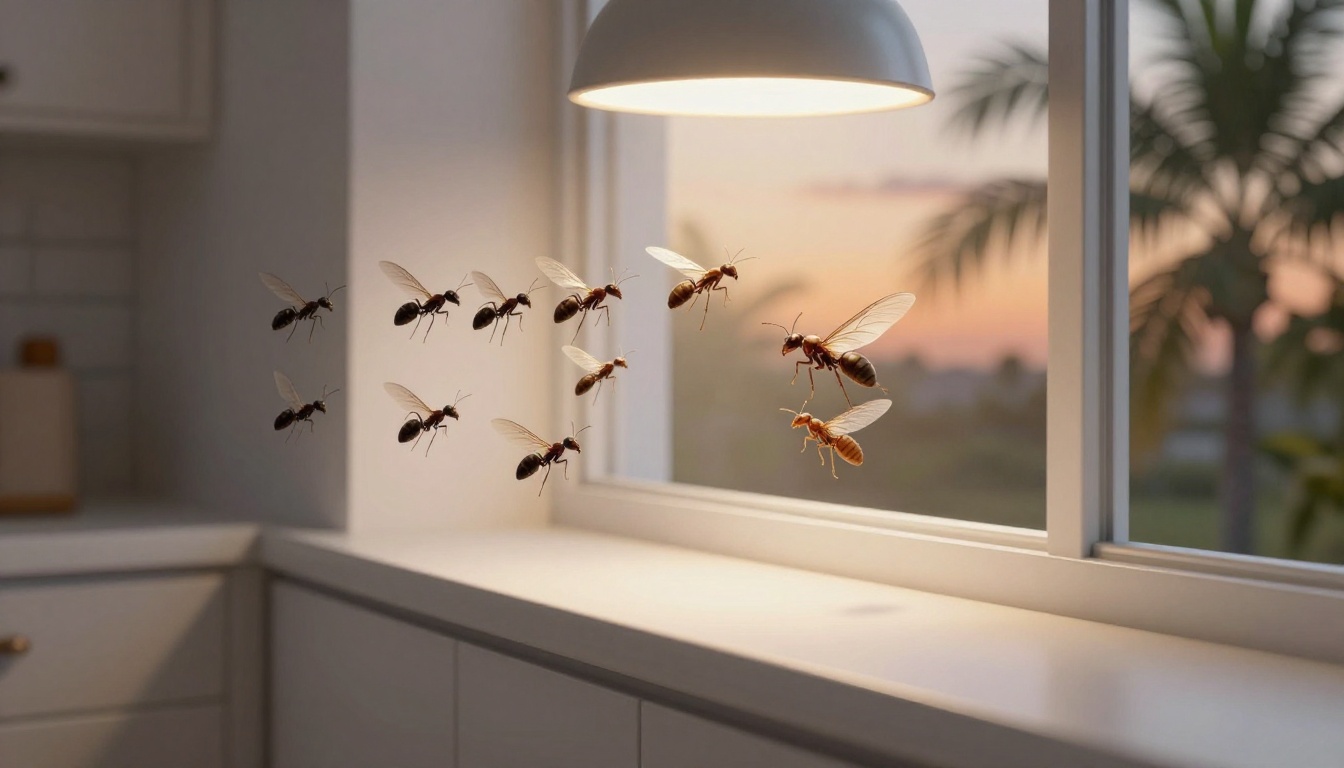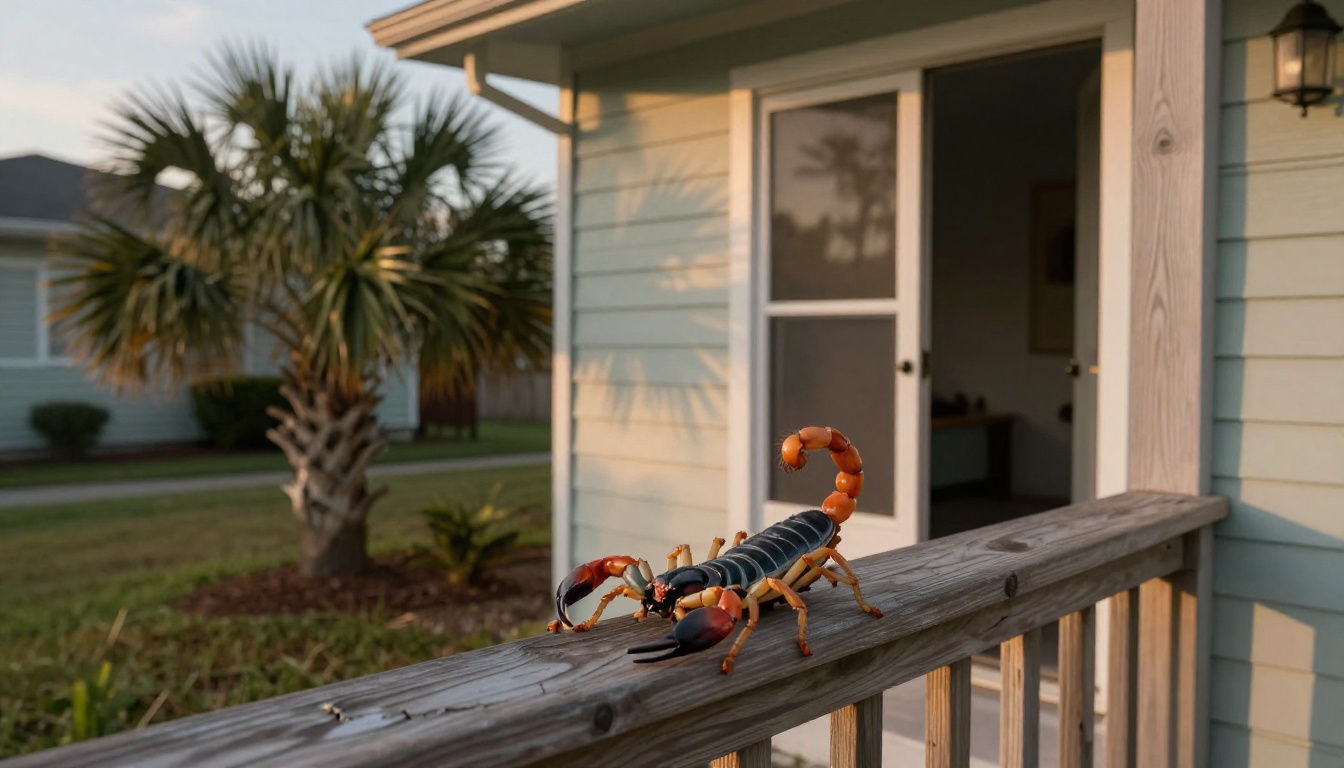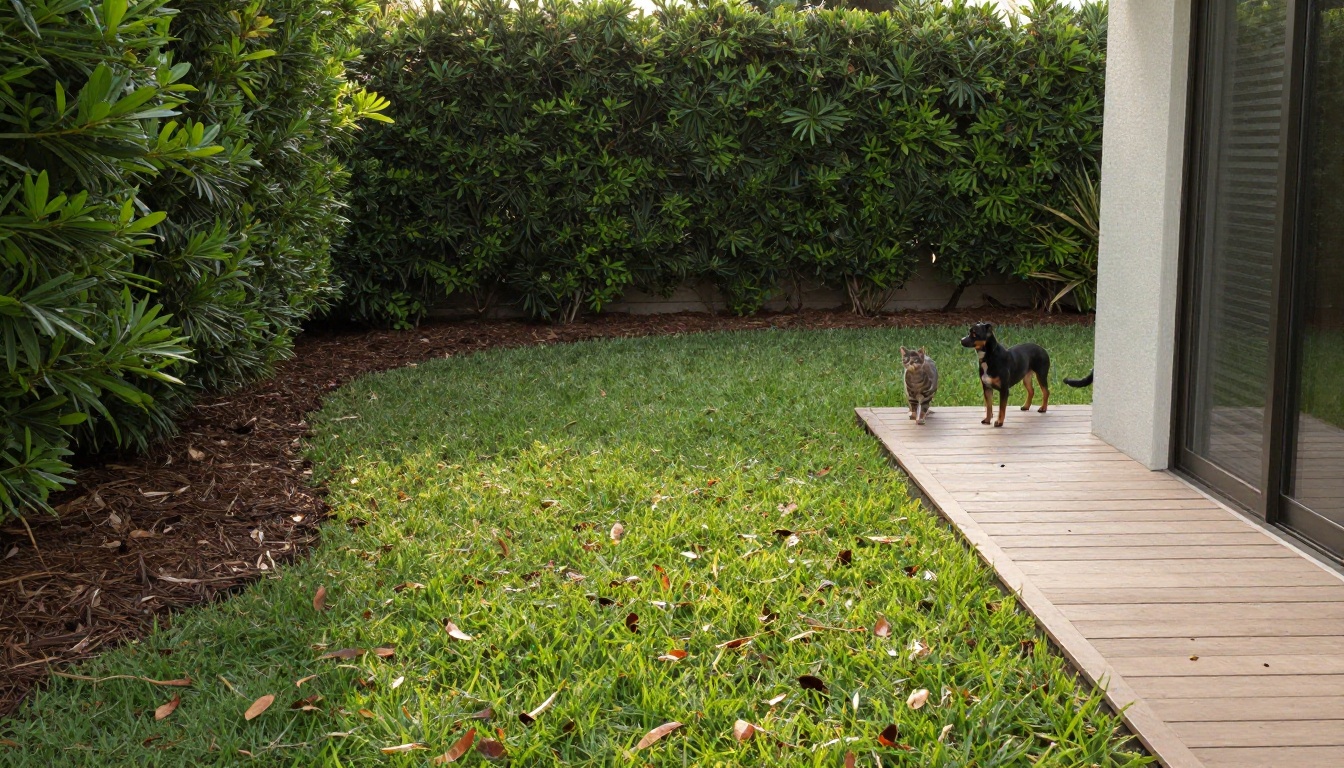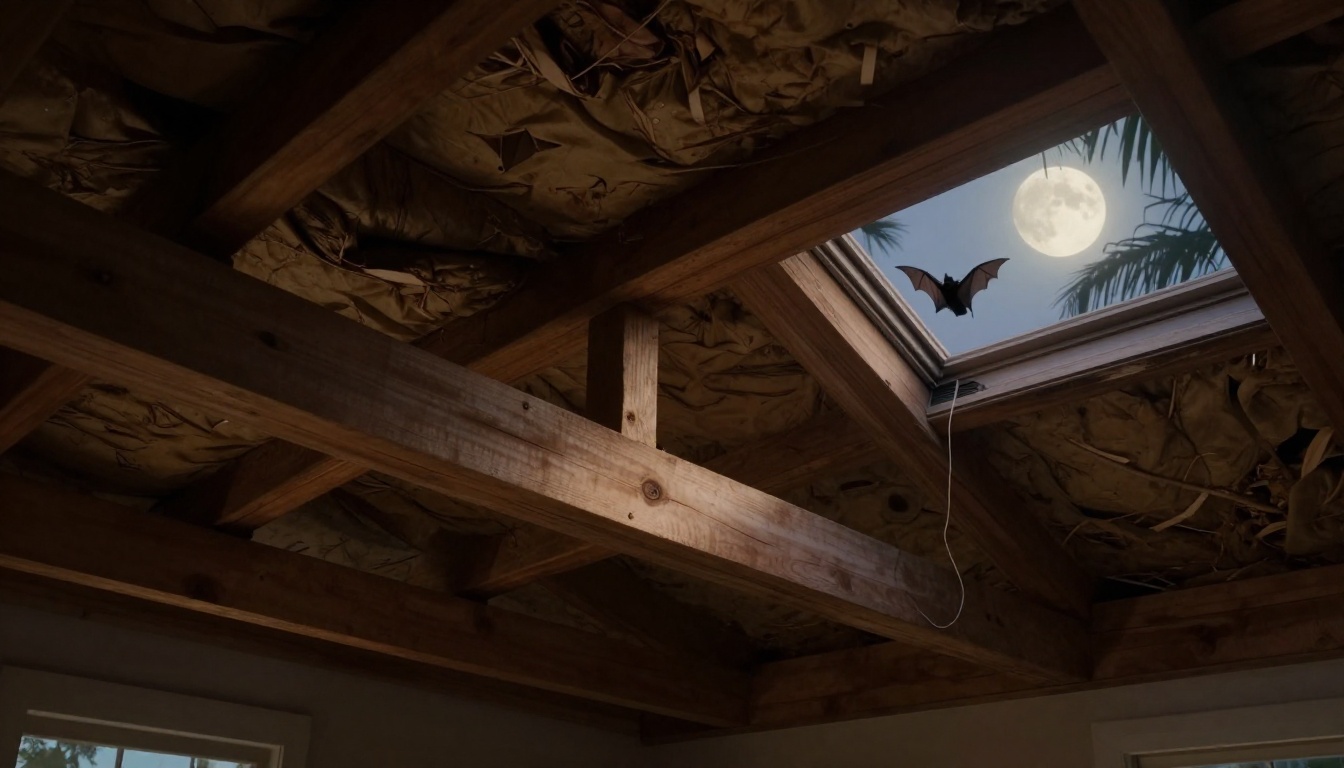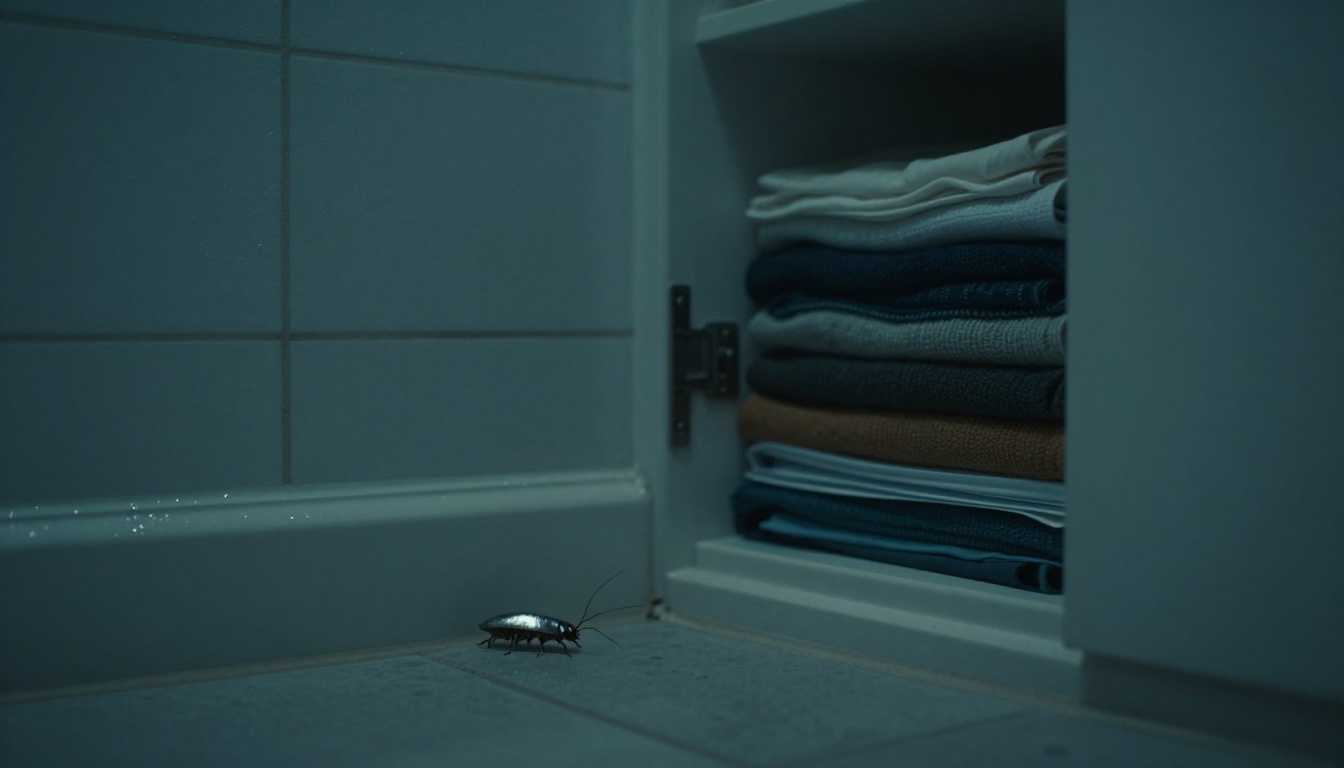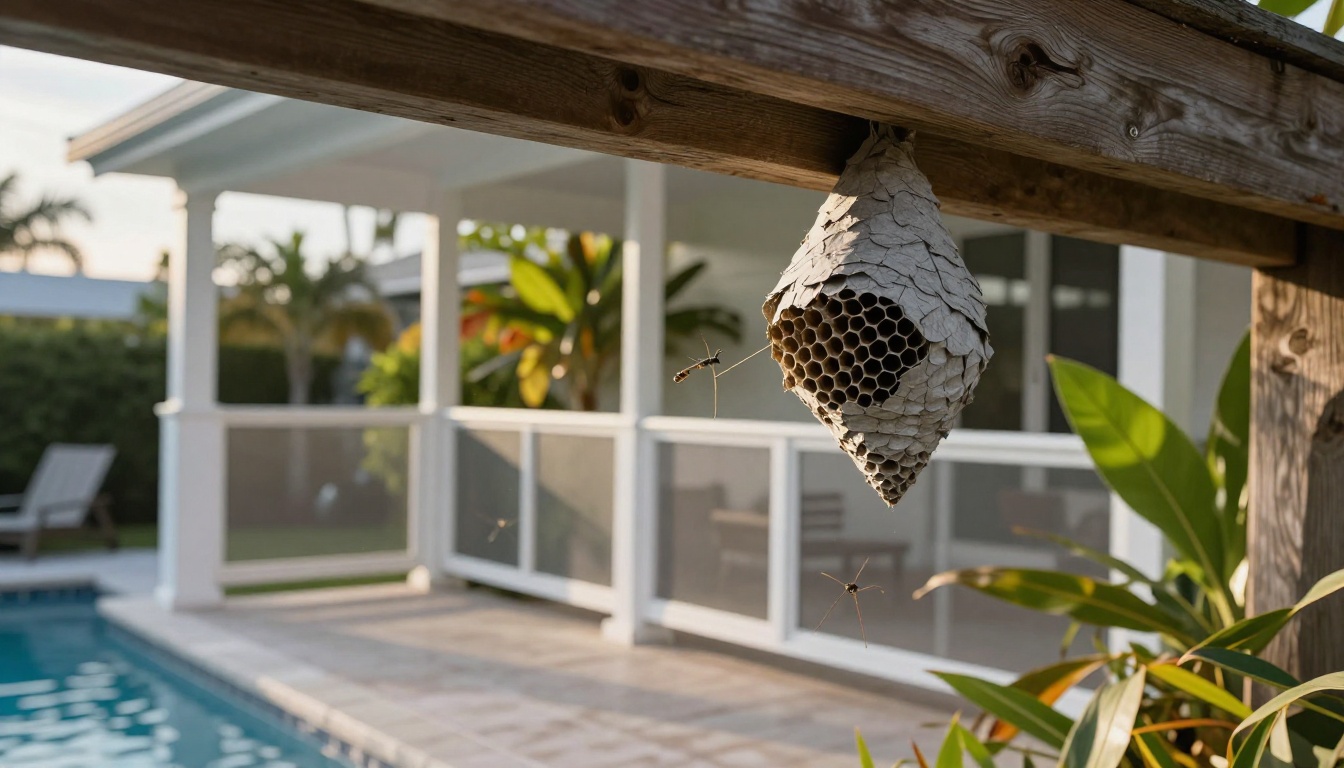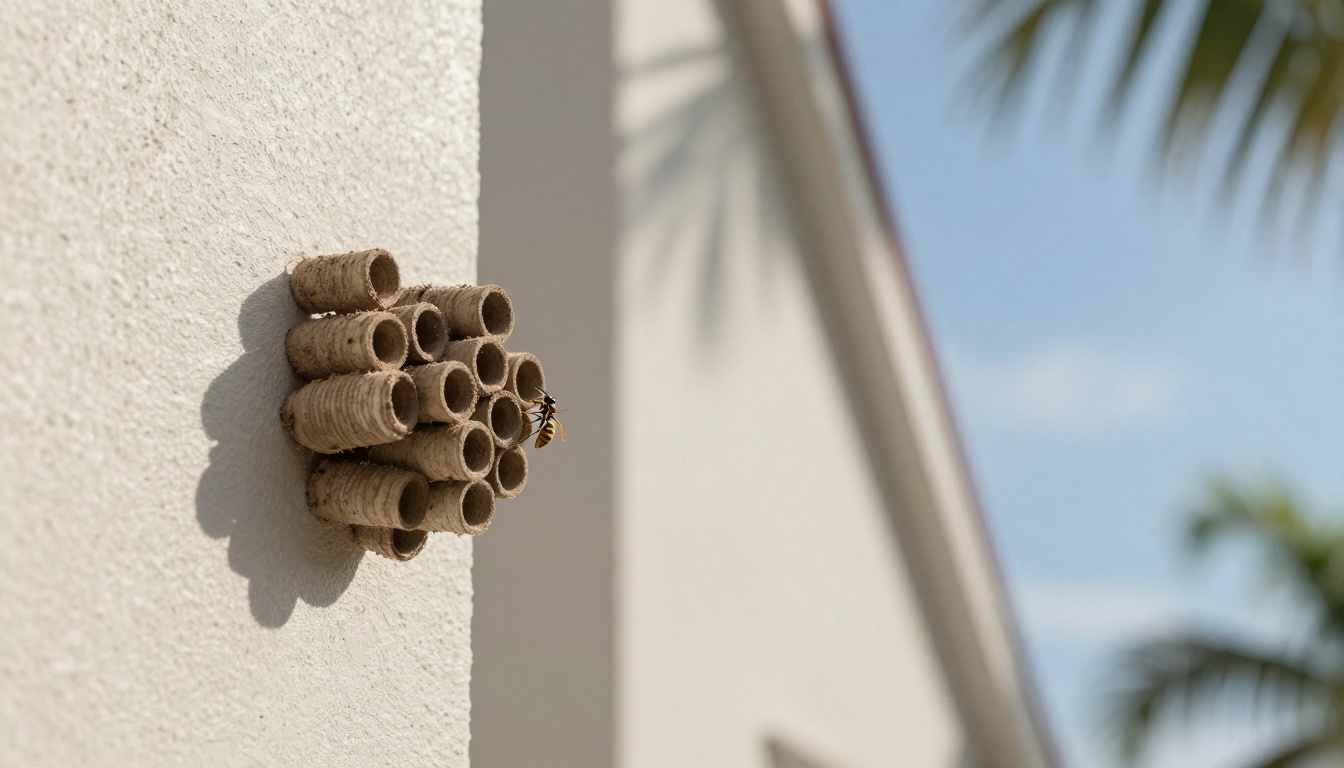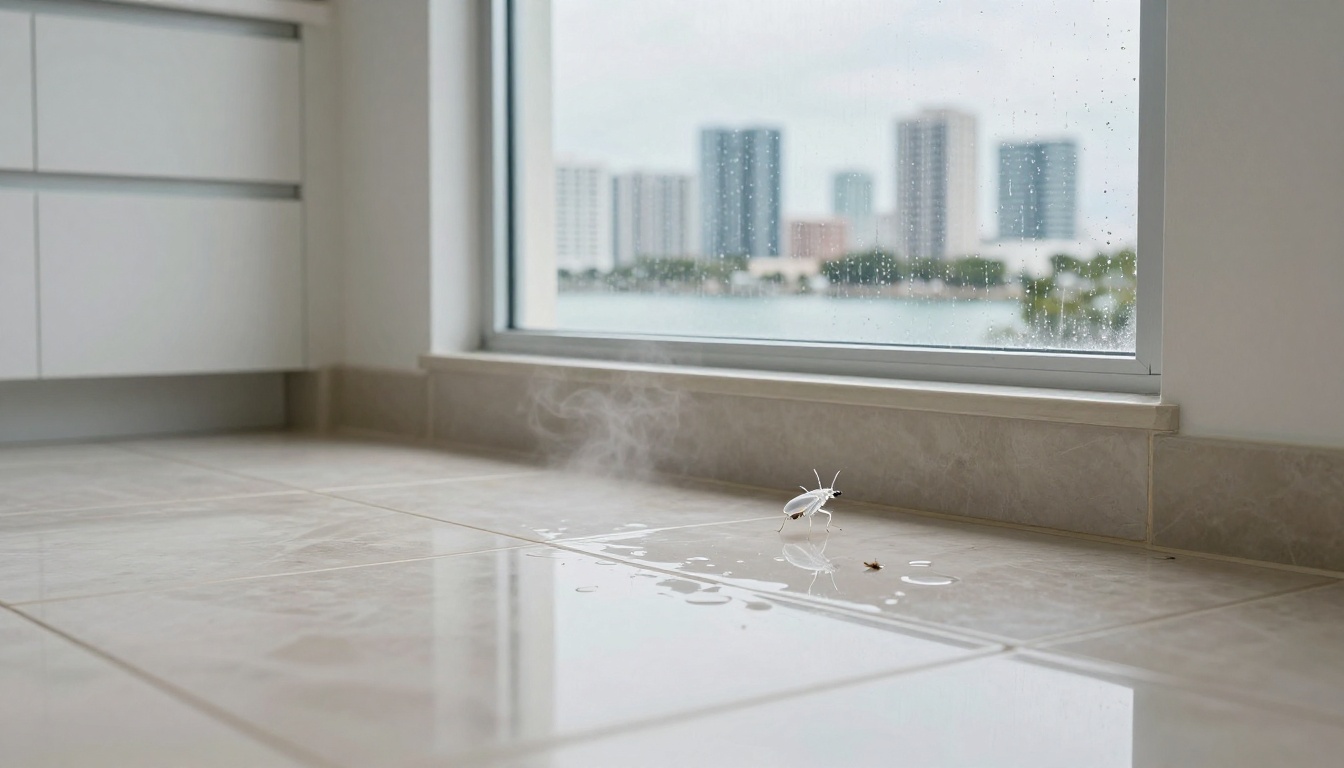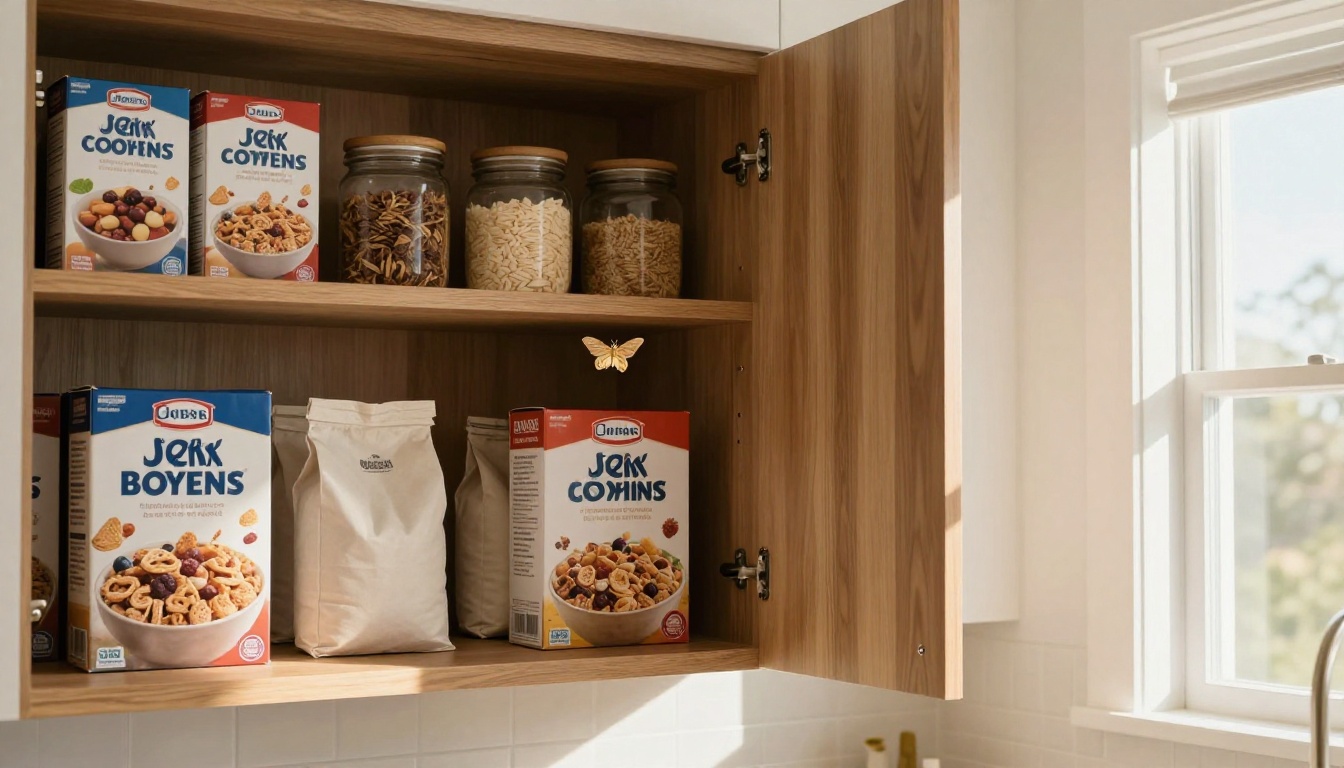Common Mosquito Breeding Grounds Around Your Cape Coral Home
Common Mosquito Breeding Grounds Around Your Cape Coral Home
Introduction
Cape Coral, with its intricate canal system, lush wetlands, and frequent rain showers, is a paradise for mosquitoes. The warm, humid climate creates the perfect conditions for these pests to thrive, making mosquito control an ongoing challenge for residents. Not only are mosquito bites annoying, but they can also transmit diseases like West Nile virus and Zika, posing serious health risks to families. Understanding where mosquitoes breed is the first step in protecting your home and loved ones.
This article will guide you through identifying common mosquito breeding grounds around your Cape Coral property. By taking proactive steps to eliminate these areas, you can reduce mosquito populations and create a safer outdoor environment. For persistent problems, professional services like those offered by Shield Pest Control Solutions can provide targeted treatments to keep your home mosquito-free.
Understanding Mosquito Behavior and Life Cycle in Cape Coral
The mosquito life cycle consists of four stages: egg, larva, pupa, and adult. Each stage relies heavily on water, especially standing water, to survive. Female mosquitoes lay their eggs on the surface of stagnant water or in areas that are likely to flood after rainfall. In Cape Coral, the combination of frequent rain and high humidity accelerates this cycle, allowing mosquitoes to reproduce rapidly and in large numbers.
Cape Coral’s unique geography, with its abundance of canals and wetlands, provides countless opportunities for mosquitoes to breed. Additionally, the area’s weather patterns—hot summers and mild winters—mean mosquitoes remain active for much of the year. Peak activity occurs at dawn and dusk, making these times particularly challenging for outdoor activities. Understanding this behavior is crucial for effective mosquito control.
Standing Water: The Primary Breeding Ground
Standing water is the number one breeding ground for mosquitoes in Cape Coral. Even small amounts, like water collected in a bottle cap or a discarded tire, can support hundreds of larvae. Mosquitoes are opportunistic and will use any available water source to lay their eggs, making it essential to monitor and eliminate these areas regularly.
The speed at which mosquitoes reproduce is alarming. Eggs can hatch into larvae within just a few days, and adults can emerge in as little as a week. This rapid lifecycle means that even temporary puddles left after a storm can become a breeding hotspot. Proactive monitoring and quick action are key to preventing infestations.
Common Outdoor Water Sources Around Homes
Canals, Ponds, and Lagoons
Cape Coral’s extensive network of canals, ponds, and lagoons provides ideal breeding grounds for mosquitoes. These water bodies often have stagnant edges or shallow areas where larvae can thrive. While larger water sources may seem out of your control, maintaining your property’s proximity to these areas can help reduce mosquito activity.
Rain Gutters and Downspouts
Clogged rain gutters and blocked downspouts are common culprits for collecting water around homes. Leaves, debris, and dirt can trap moisture, creating a perfect environment for mosquito larvae. Regular cleaning and maintenance of these systems can prevent them from becoming unintended breeding sites.
Puddles and Low Spots in Lawns
Poor drainage in lawns often leads to puddles and low spots that retain water after rain. These areas not only attract mosquitoes but also provide a long-lasting source of moisture for breeding. Addressing grading issues or improving drainage can help eliminate these problematic spots.
Bird Baths, Plant Saucers, and Decorative Fountains
Everyday decorative items like bird baths, plant saucers, and fountains may seem harmless, but they can hold enough water to support mosquito larvae. To prevent breeding, clean and refresh these water sources weekly. Consider adding a pump to decorative fountains to keep the water moving, as mosquitoes prefer still water.
Hidden and Overlooked Breeding Sites
Some mosquito breeding sites are less obvious but equally problematic. Discarded containers, buckets, old tires, tarps, children’s toys, clogged drains, and trash can lids can all collect rainwater and foster larvae. These hidden spots are often overlooked during routine inspections, allowing mosquitoes to thrive unnoticed.
To combat this, conduct thorough checks of your property, paying close attention to areas where water might accumulate. Removing or properly storing items that can collect water is a simple yet effective way to reduce mosquito populations around your home.
Pet Water Dishes and Animal Troughs
Outdoor pet bowls and animal water troughs are another potential breeding ground if left unchanged. Stagnant water in these containers can quickly become a haven for mosquito larvae. To prevent this, make it a habit to refresh your pet’s water daily and clean the dishes regularly.
Plant-Related Breeding Areas
Certain plants, such as bromeliads, tree holes, and thick vegetation, can collect water and create mini-ecosystems for mosquitoes to breed. These areas are often shaded and moist, providing the perfect conditions for larvae to develop. Trimming overgrown vegetation and removing water-holding plants can help minimize these risks.
Neighborhood and Shared Spaces
Even if you diligently maintain your property, neighboring areas can impact your mosquito problem. Vacant lots, neighborhood parks, and pooled water at construction sites can contribute to increased mosquito activity. Working with neighbors and local authorities to address these shared spaces is essential for comprehensive mosquito control.
How Mosquitoes Enter Your Home
Mosquitoes can easily enter your home through open windows, doors, or gaps in screens. Once inside, they seek out sources of moisture, such as potted plants or leaky pipes. Ensuring that screens are intact and limiting entry points can help keep mosquitoes out of your living spaces.
Reducing and Eliminating Mosquito Breeding Grounds
Taking action to reduce mosquito breeding grounds starts with eliminating standing water. Clean gutters, fix leaks, and ensure proper drainage in your yard. Changing water in pet dishes and decorative items weekly is also crucial. Collaborating with neighbors to address shared water sources can amplify your efforts and create a more effective barrier against mosquitoes.
For persistent infestations, consider enlisting professional help. Companies like Shield Pest Control Solutions offer comprehensive assessments and treatments tailored to Cape Coral’s unique challenges. Their expertise can help you tackle even the toughest mosquito problems.
Professional Mosquito Control Options in Cape Coral
Professional mosquito control services provide advanced solutions for homeowners struggling with infestations. These services often include property assessments, targeted treatments, and integrated pest management strategies. Experts can identify hidden breeding sites and apply treatments that disrupt the mosquito life cycle.
If you find yourself battling mosquitoes despite your best efforts, it may be time to call in the professionals. Shield Pest Control Solutions specializes in addressing Cape Coral’s mosquito challenges, offering customized plans to keep your home and family protected. Their services are particularly valuable for properties near large water sources or in areas with heavy mosquito activity.
Preventative Measures and Ongoing Maintenance
Preventing mosquito infestations requires consistent effort. Create a maintenance checklist that includes weekly yard inspections, cleaning gutters, securing screen doors, and fixing leaks. You can find more tips on our blog. Regularly refreshing water sources and trimming vegetation can also help deter mosquitoes. In Cape Coral’s climate, vigilance is essential to staying ahead of these pests.
Remember, mosquito control is an ongoing process. By staying proactive and addressing potential breeding grounds promptly, you can significantly reduce the risk of infestations. For added peace of mind, consider scheduling periodic professional inspections to ensure your property remains mosquito-free.
FAQ: Common Questions About Mosquito Breeding Grounds in Cape Coral
How quickly can mosquitoes breed in standing water?
Mosquito eggs can hatch into larvae within just a few days, and adults can emerge in about a week. This rapid reproduction highlights the importance of addressing standing water immediately to prevent infestations.
What should I do if my neighbor has an untreated mosquito breeding site?
If a neighbor’s property has an untreated breeding site, consider discussing the issue with them or contacting local authorities. Many communities have resources to address public health concerns like mosquito infestations.
Are all types of standing water equally dangerous for mosquito breeding?
While all standing water can harbor mosquito larvae, stagnant and polluted water is especially risky. Even small or temporary water sources should be monitored and eliminated to prevent breeding.
Do certain plants attract more mosquitoes?
Plants that hold water or create shady, moist environments, such as bromeliads and thick shrubs, can attract mosquitoes. Removing or managing these plants can help reduce breeding opportunities.
How do I know if professional mosquito control is needed?
Consider professional help if you experience persistent mosquito bites despite home efforts or live near large water sources. A professional assessment can determine the best course of action for your property.
Conclusion
Cape Coral’s unique geography and climate make it a hotspot for mosquito breeding, but understanding and addressing common breeding grounds can significantly reduce their presence. Regular maintenance, such as eliminating standing water and keeping your yard well-drained, is essential for controlling mosquito populations. Hidden areas, like clogged gutters and discarded containers, should not be overlooked, as they can also contribute to infestations.
By inspecting your property regularly, communicating with neighbors, and seeking professional assistance when needed , you can create a healthier, mosquito-free environment for your family. Don’t wait until mosquitoes become a problem—take action today to protect your home. For expert guidance and solutions, visit Shield Pest Control Solutions and discover how their services can help you reclaim your outdoor spaces.
Schedule a Free Inspection:
